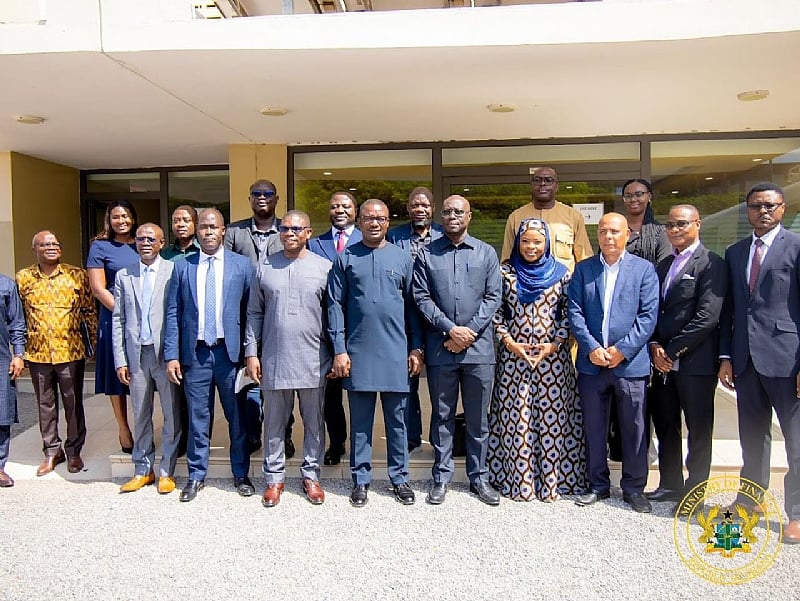Ghana’s Minister for Finance, Dr. Cassiel Ato Forson, has announced the development of a Second Gas Processing Plant (GPP II), positioning it as a crucial infrastructure project with the potential to revolutionize the nation’s energy landscape. This initiative is not merely an addition to existing infrastructure, but a strategic move aimed at achieving energy independence, economic stability, and job creation. The urgency of this undertaking stems from Ghana’s current dependence on expensive liquid fuels for power generation, a situation that is placing a significant strain on the national economy.
Dr. Forson emphasized the severe financial burden imposed by the reliance on liquid fuels, costing the country over $1 billion annually. The GPP II is projected to drastically reduce this expenditure, saving an estimated $500 million every two years. These substantial savings will not only alleviate pressure on the national budget but will also contribute to the project’s financial self-sufficiency, demonstrating its economic viability and long-term benefits. Moreover, the construction and operation of the plant are expected to generate over 1,000 direct and indirect jobs, further bolstering the Ghanaian economy. The Minister drew parallels to the Atuabo Gas Plant, which proved instrumental in averting a major energy crisis, highlighting the GPP II as a similar opportunity to safeguard Ghana’s energy future.
To expedite the project’s realization, Dr. Forson and the Minister for Energy and Green Transition, John Abdulai Jinapor, inaugurated two key committees: the Technical Implementation Committee and the Communications and Social License Committee. The Technical Implementation Committee, chaired by the Deputy Minister for Energy, is tasked with developing a comprehensive implementation plan within four weeks, underscoring the government’s commitment to swift action. The Communications and Social License Committee, chaired by Deputy Presidential Spokesperson, Hajia Shamima Muslim, will focus on ensuring public support and managing stakeholder engagement throughout the project lifecycle. This dual-committee approach emphasizes both the technical and social dimensions of the project, aiming to ensure its smooth and successful execution.
Mr. Jinapor echoed Dr. Forson’s concerns regarding the slow progress of gas infrastructure development since the Atuabo Gas Plant. This stagnation has widened the gap between the demand for gas and the available supply, forcing the country to continue relying on imported fuels, thereby exacerbating the fiscal challenges and jeopardizing energy security. The completion of the GPP II is expected to significantly bridge this gap, providing a reliable and cost-effective source of natural gas for power generation and industrial use. This will not only reduce dependence on expensive foreign fuels but also strengthen Ghana’s foreign exchange position and promote fiscal stability.
The broader implications of the GPP II extend beyond immediate economic benefits. The project is envisioned to elevate Ghana’s regional status, transforming the country into a key energy hub in the medium to long term. This strategic positioning will enhance Ghana’s influence and economic opportunities within the region, further contributing to sustainable development and regional stability. The increased availability of domestic natural gas is also expected to boost investor confidence in Ghana’s energy sector, attracting further investment and driving economic growth.
The inauguration of the GPP II has been met with positive responses from industry experts, who recognize its potential to address critical challenges in Ghana’s energy sector. The timely and efficient implementation of this project is seen as crucial for stabilizing power generation costs, enhancing energy reliability, and creating a more attractive investment climate. By reducing reliance on volatile global fuel markets, the GPP II will contribute to long-term energy security, enabling Ghana to achieve greater control over its energy destiny. The project represents a decisive step towards a more sustainable and prosperous energy future for Ghana, with positive ripple effects across the economy and the region.


